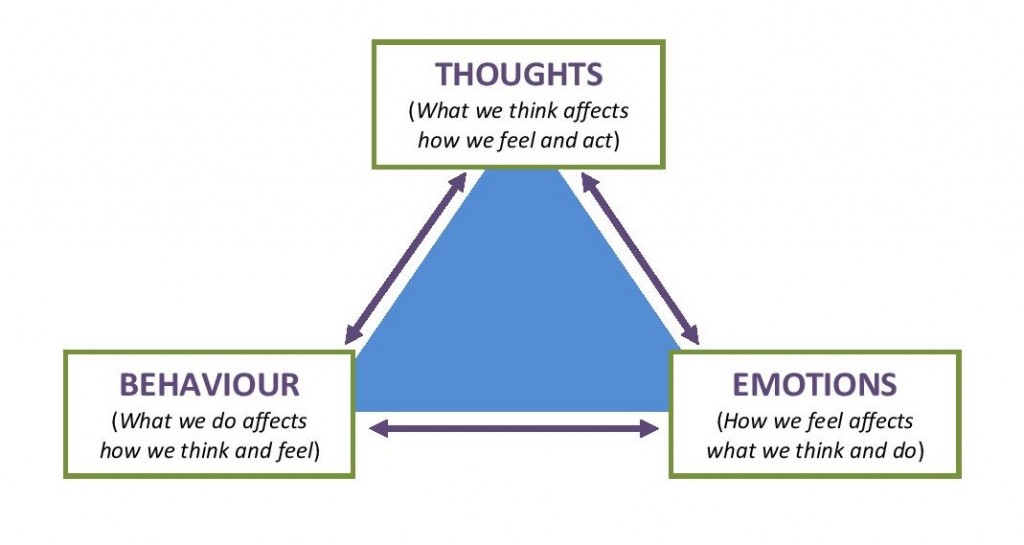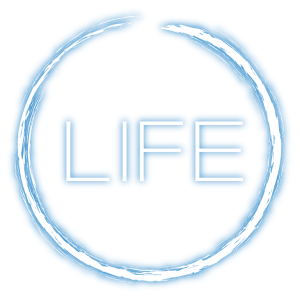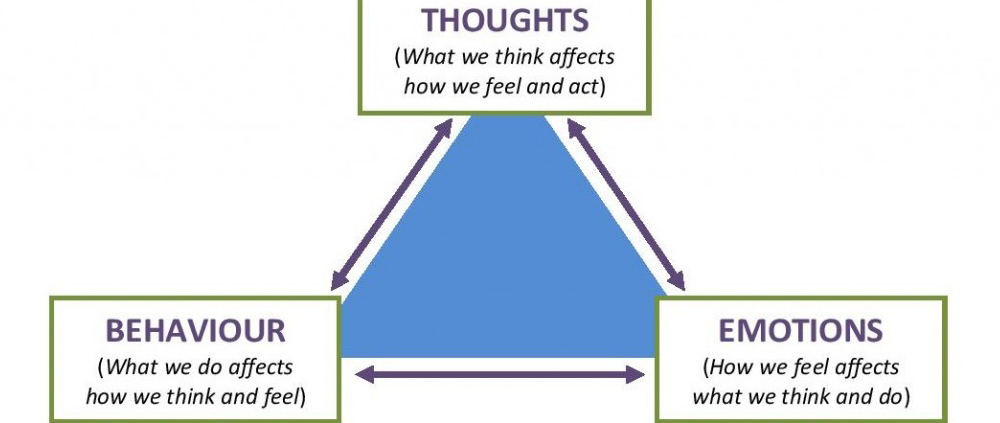Trust and the Cycle of Thoughts, Feelings, and Behaviors
(In anticipation of LIFE’s upcoming online course, Rescuing Trust, we are dedicating some of the next few weeks blog posts to the principles of restoring marital trust. This is part 2)
Martin and Bonny
We had the opportunity at a LIFE Marriage Retreat to work with Martin and Bonnie, a down to earth couple from the Midwest who were carrying scars and emotional baggage from their lives and relationships. Their trust had been deeply eroded by behaviors, words, and attitudes.
Bonny felt that Martin was unsympathetic of the pain she felt and that he really did not acknowledge his part in that hurt. Martin, on the other hand, felt that he had offered support to Bonny in the past but believed that Bonny was mired so deeply in her own feelings that she was unable to see how much he was hurting and frustrated by their relationship coming off the rails. Even as we worked with them we could see they were hardened in their own self-centered perspectives and deeply mistrusted each other in terms of ever being able to understand and sympathize with the other’s feelings and perspectives. 
Before I finish Martin and Bonny’s story let’s pause to examine a little closer a cycle they had been experiencing in their marriage, a commonality among every struggling marriage, including Martin and Bonny’s. This is a cycle, a result of allowing unhealthy thoughts, behaviors and feelings loose, first in our minds, that then show up with tooth and claw in the relationship. By the way, in my previous post I mentioned the brain chemistry that leads to how we process the loss of trust and the awful feelings related to that loss. This cycle plays a big part in triggering that chemistry.
The Negative Cycle of Thoughts, Feelings, and Behaviors
The ways in which we think, feel and behave are all linked. It’s helpful for us to understand how each influences the other. For example, when I think I can’t rely on my partner for support, I might behave in ways that push my partner away, and stop them from offering support with the result that my feelings and emotions are affected. I feel unsupported, angry, and probably lonely. These feelings then influence my thoughts. I think I can’t rely on my partner and so I continue to behave in ways that stop my partner from supporting me. And so the circle rolls on and I become more and more fed up with my relationship, more critical of my partner and their attempts to help me and increasingly hopeless about anything changing. In those spaces in the negative cycle we can insert the words, “damages trust.”
Can you see Martin and Bonnie in this cycle dilemma? Bonnie feeling unsupported and misunderstood, and telling herself stories about Martin’s lack of empathy, leading to resentful behavior and more negative thinking. And Martin feeling rejected, and telling himself stories about Bonnie’s self centeredness, and retreating into hurt isolation, also feeling misunderstood and unsupported. And both of them feeling lonely.
Remember, we all have some experience with this cycle of Thoughts, Feelings, and Behaviors. But for couples in times of struggles, the cycle is accelerated and more prevalent, and is self-perpetuating.
The Power of the Positive Cycle
But there is some Great News for us all! We don’t have to give ourselves and our relationships up to the negative aspects of the negative cycle, because we can choose to create positive cycles in our lives.
The good news is that because thoughts, feelings and behaviors are linked, if I want things to change I can enter that circle at any point and any change I make is likely to start a series of changes. So if I change my behavior by letting my partner help me (or express a desire to help them) I am likely to feel more supported and that my needs are being noticed. And this in turn will influence my thoughts, I’m more likely to think that my partner respects me and cares for me. As the circle rolls on, my changed behavior will show my partner that I am turning toward them rather than away, and they will feel needed by me and sense we are getting along better, and so on…
To hear the full story of Martin and Bonnie tune in to our online course, “Rescuing Trust.” You will learn how Martin, at a certain point in the Retreat, replaced his knee-jerk negative judgments and thoughts about Bonnie with more openness toward her painful experiences, and the enormous process of healing that began from that effort.
Thoughts are powerful things, but we have the power to control them as we stay conscious and aware and create positive cycles with relatively simple shifts.



